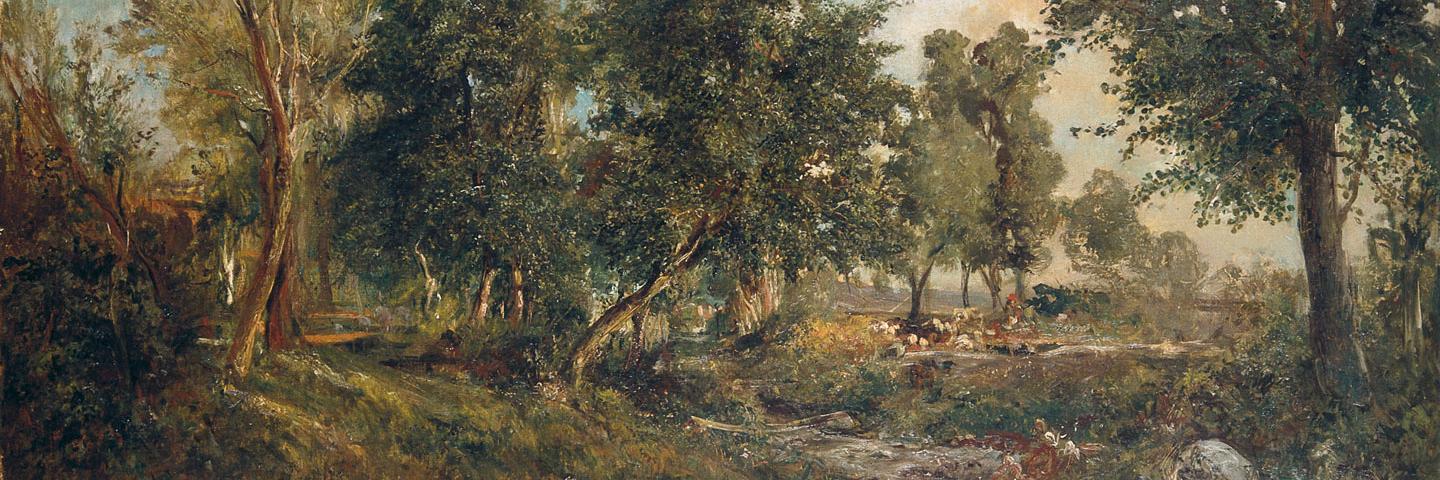
Greg Depow
@GDepow
Social Scientist | Postdoc at @UCSanDiego/@Harvard | Psych PhD from @UofT. #empathy #effort #wellbeing #socialmedia. #rstats #PhDad #openscience
I'm excited to share with you all that my paper on A Positive Empathy Intervention to Improve Well-being on Instagram with @minzlicht and @vicoldemburgo has been accepted for publication at Emotion!🥳 We tested a brief intervention to increase positive #empathy and improve 1/3 📷

Do we need work to find meaning? Does investing effort lead to more meaning? More fun? My collaborator @AidanVCampbell's work suggests no, yes, and no. Putting in more effort, even on leisurely activities, predicts increased meaningfulness, but less enjoyment.🧵and prerpint here!
📃New Preprint: Work time has steadily decreased, leading to greater amounts of leisure. But work is a substantial source of meaning. Our latest research suggests effortful leisure can supplement the diminishing time at work as a source of meaning in daily life.
Thread on a paper with @AidanVCampbell and @minzlicht. Check the paper out here: nature.com/articles/s4427… We found more effortful💪tasks and activities also tended to be more meaningful, but not less enjoyable. If AI takes our jobs, effortful leisure may be a source of meaning.
🎉 Our paper is now out in Communications Psychology! We explore how effortful leisure can be a source of meaning in daily life. Across 5 studies (N = 2,569), we find: - Effort makes leisure feel more meaningful - But not necessarily less enjoyable 🧵doi.org/10.1038/s44271…
Today I spoke with Edwin Rutsch, Director of the Center for Building a Culture of Empathy, about how to define #empathy, how it can be regulated #wisely, and how it can be enacted such that the target feels heard and understood. youtube.com/watch?v=YpDG87…
New paper in Nature Human Behavior (led by @MatanRubin1), where we manipulated the perceived identity of a real-time empathic response to be or AI. We observed a drop in perceived empathy when label was AI, and this effect was mainly driven by emotion. rdcu.be/et9ad
🤯 MIND-BLOWN! A new paper just SHATTERED everything we thought we knew about AI reasoning! This is paradigm-shifting. A MUST-READ. Full breakdown below 👇 🧵 1/23
Thank you kindly, @RamosCejudo!
Elegant and beautiful paper on How Individual Differences in Empathy Predict Moments of Empathy in Everyday Life - Gregory J. Depow @GDepow Michael Inzlicht @minzlicht journals.sagepub.com/doi/10.1177/01…
My paper with @minzlicht on how trait empathy and features of the context such as valence predict everyday state experiences of empathy is now published #OpenAccess in @SageJournals' #PSPB🥳. Check it out here and let me know if you have any questions: doi.org/10.1177/014616…

My paper with @minzlicht was accepted at Personality and Social Psychology Bulletin🥳. In it, we examine how trait measures of empathy predict everyday state empathy, and what this teaches us about how we measure and experience empathy: osf.io/preprints/psya… #empathy #scicomm
Is #empathy really the fundamental weakness of western civilization as Elon Musk claims? I argue that this claim rests on unfounded assumptions in a recent piece for Broadview. broadview.org/elon-musk-empa…

psycnet.apa.org/record/2025-74… I want to big up @GDepow, who led this work (with @vicoldemburgo). From PhD student studying empathy in everyday life to now rockstar postdoc at UCSD leading the charge on making social media more empathetic. Way to go, Gregy! 🎳
Want to feel better after using Instagram? Our new paper shows how. It's not about what you post, it's about how you respond to others' joy. In 4 studies (N=1327), focusing on sharing & caring about others' positive emotions improved mood & life satisfaction.
Roy Baumeister called ego depletion "one of the most replicable findings in social psychology." As someone who spent 20 years studying it—and ultimately had to admit it wasn't real—I have to respectfully disagree. Here's my perspective of what went so wrong.
Can Large Language Models produce compassionate responses? Here, @DariyaO96673, @vicoldemburgo, and @minzlicht found 3rd party evaluators rated AI responses to be more compassionate than those generated by humans, even expert crisis responders. nature.com/articles/s4427…

Finally, we tested if these assumptions held in real daily experiences. They did - but only when looking at all activities. Generally, effortful activities are more meaningful but less pleasurable. Effortful leisure was unique. It felt more meaningful, but was still just as fun.